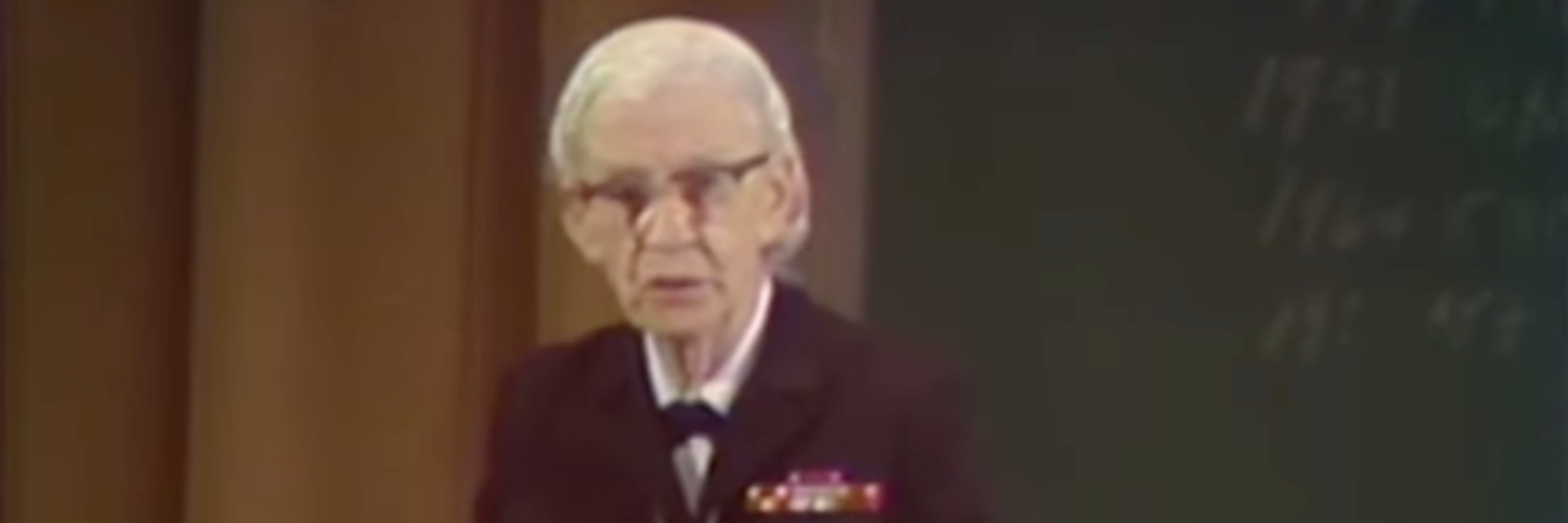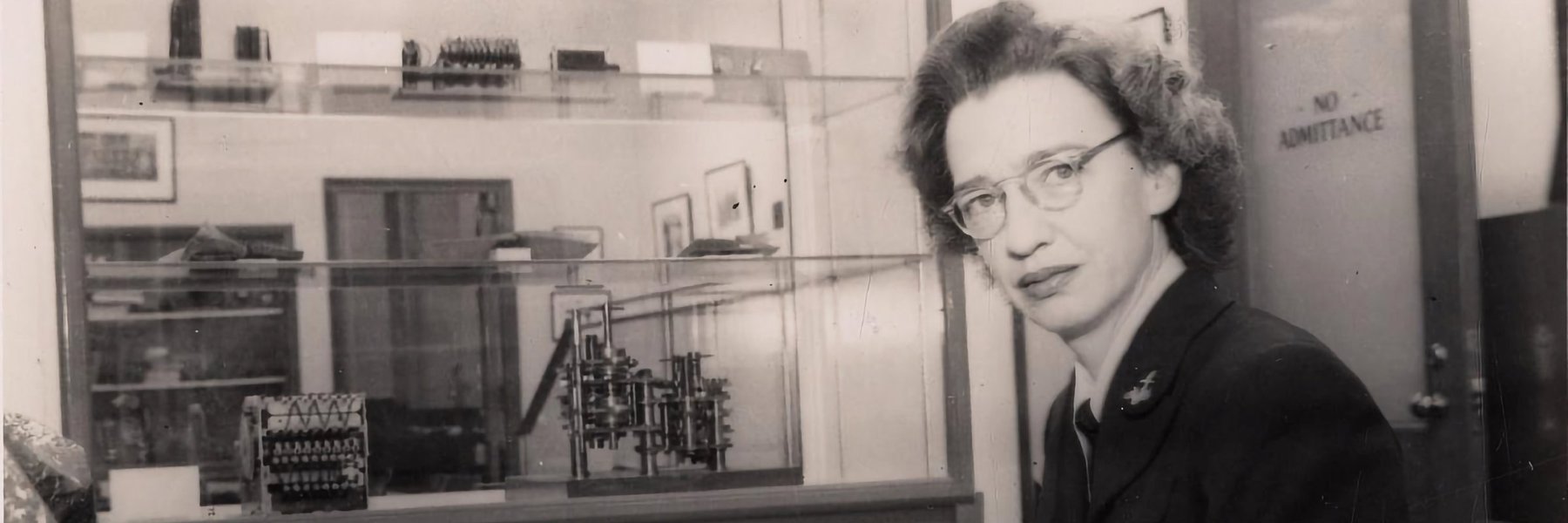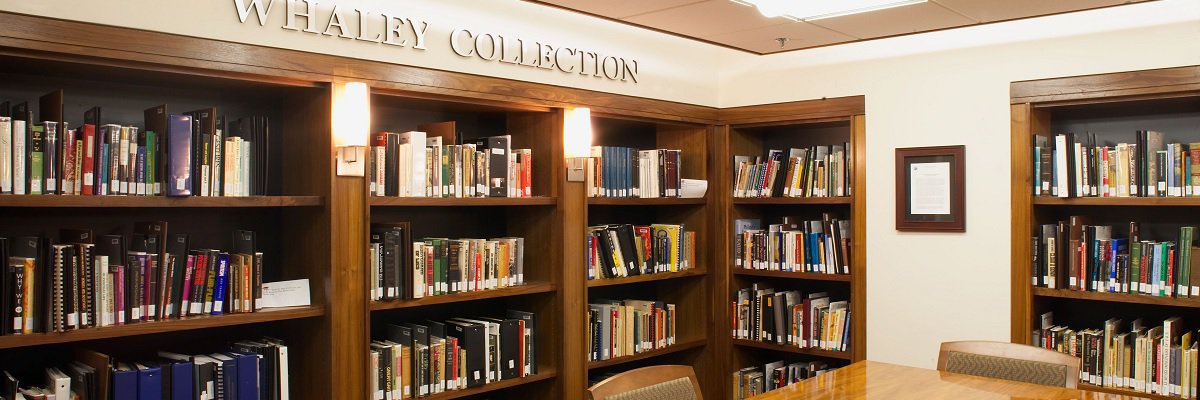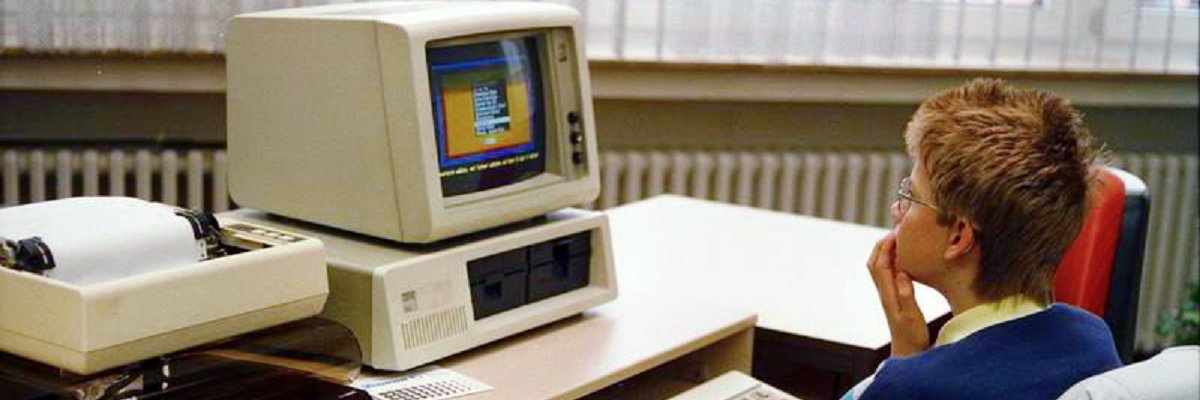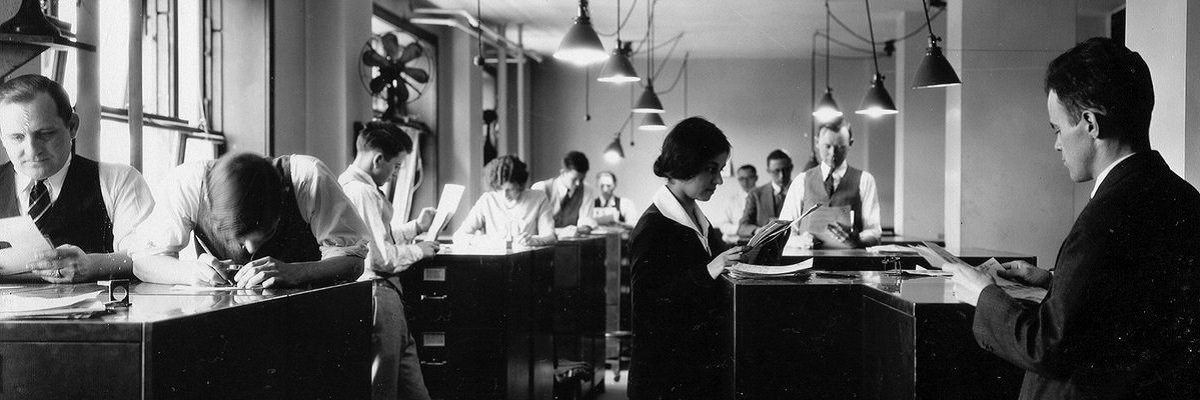Admiral Grace Hopper was a pioneering figure in early computing, developing the first compiler and foundational compiled programming languages, including COBOL. Now, after a FOIA request and technical assistance from the National Archives, the National Security Agency has released her 1982 lecture, “Future Possibilities: Data, Hardware, Software, and People.“
When Michael Ravnitzky first requested the lecture in 2021, the NSA responded that the materials did not exist. After further prodding, the agency admitted that the videos did exist, but the intelligence agency was not able to review the older format the lecture was stored on:
NSA is not required to find or obtain new technology (outdated or current) in order to process a request. We have made all reasonable attempts to find responsive records, and those that are potentially responsive are housed on/in unreadable media/system, therefore, the no record response is appropriate. My apologies that this wasn’t explained clearly in the response letter.
After a fortunate change of heart, the NSA stated that it “deemed the footage to be of significant public interest and requested assistance from the National Archives and Records Administration (NARA) to retrieve the footage. NARA’s Special Media Department was able to retrieve the footage contained on two 1’ AMPEX tapes and transferred the footage to NSA to be reviewed for public release.”
In the lecture, Hopper traces the history and inflection points of the computer industry, predicting it will be the largest industry in America — as well as some of the challenges it is likely to face as it grows up.
